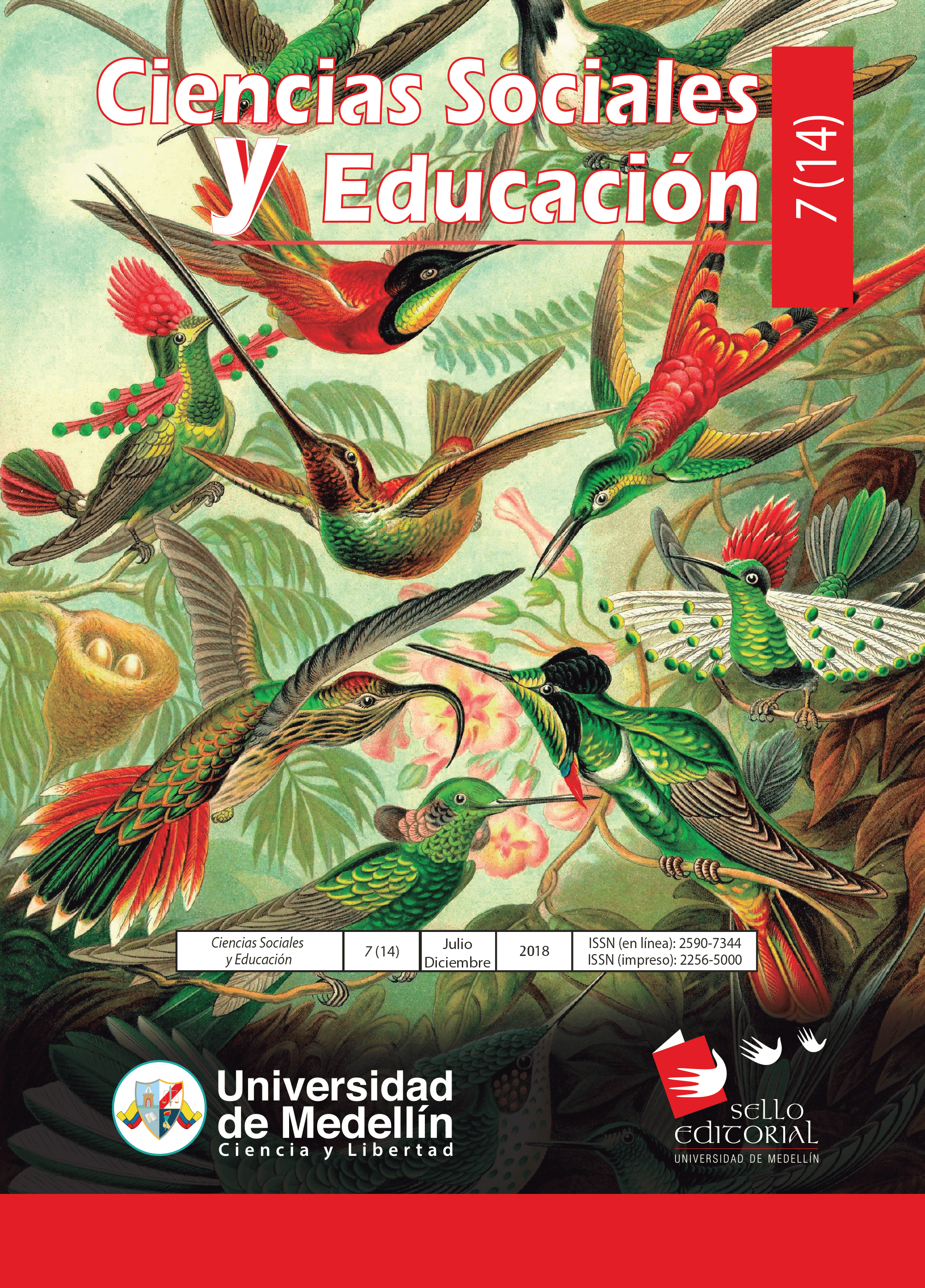Human Rights and the Supreme Value of Peace as a Presupposition of Democratic Recognition. A Reflection for Peace in Post-conflict
Main Article Content
Abstract
In the framework of the western political traditions, rights have represented a legitimacy discourse for democratic systems. Its political and institutional absorption has allowed the perception of democratic practices from a discursive correspondence that contemplates the legal and normative guarantees as resources for the reassurance of human dignity in society. Thus, this article analyzes some reflections around expressions of rights framed in a historical reconstruction of Human Rights and its political function as the foundation of international political relations, as well as the role of peace, understood as a supreme democratic value. All this will allow, in a first moment, a pathway for the most important historical moments in the shaping of Human Rights as a political discourse by pointing its historical heritage in the liberal democratic tradition and the philosophical, social and normative tensions that it implies in order to, in a second moment, highlight which are the political presumptions in its defense from the particular contingencies of a post-conflictual Colombia.
Article Details
References
Asamblea General ONU. (1948). Declaración Universal de los Derechos Humanos. París.
Bloch, E. (2011). Derecho natural y dignidad humana (Trad., F. González Vicén). Madrid: Dykinson.
De Aquino, T. (2007). La monarquía. Ciudad de México: Técnos.
De Hipona, A. (2009). La ciudad de Dios. Madrid: BAC.
De Sousa, B. (2014). Derechos humanos, democracia y desarrollo. Bogotá: Dejusticia.
Organización de las Naciones Unidas. (1998). Estatuto de la Corte Penal Internacional. Recuperado de https://www.un.org/spanish/law/icc/statute/spanish/rome_statute(s).pdf
Ferrajoli, L. (2016). La justicia penal transicional para la Colombia del posconflicto y las garantías para la paz interna. Revista Crítica Penal y Poder, (10), 146-161.
Galeano, E. (2012). ¿Para qué sirve la utopía? Recuperado de: https://www.youtube.com/watch?v=GaRpIBj5xho
Hobbes, T. (2003). El Leviatán. Madrid: Losada.
Kelsen, H. (2003). La paz por medio del derecho. Madrid: Trotta.
Organización de las Naciones Unidas. ONU. (1948). Declaración Universal de Derechos Humanos. Recuperado de https://www.ohchr.org/EN/UDHR/Documents/UDHR_Translations/spn.pdf
Rajagopal, B. (2005). El derecho internacional desde abajo: el desarrollo, los movimientos sociales y la resistencia del tercer mundo. Bogotá: ILSA.
Sánchez, P. (1981). Comentarios. En Sófocles (Aut.), Antígona. Madrid: Gredos.
Sófocles., (1981). Antígona. Madrid: Gredos.
Villegas, M. (2014). Sugerencia sobre el derecho natural. Anuario Jurídico y Económico Escurialense, (47), 93-115.





